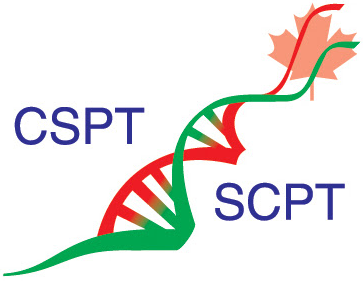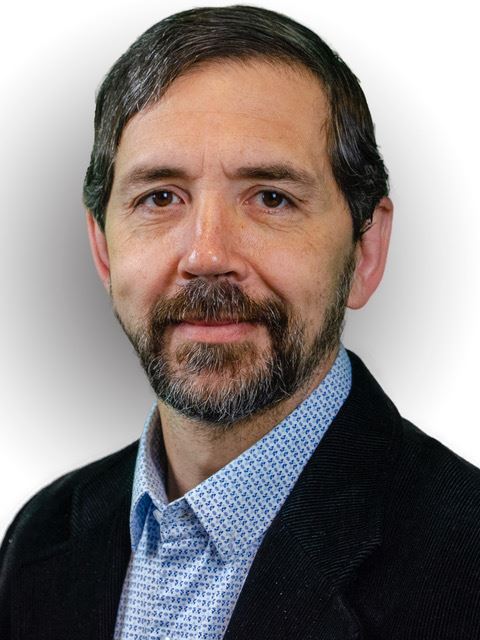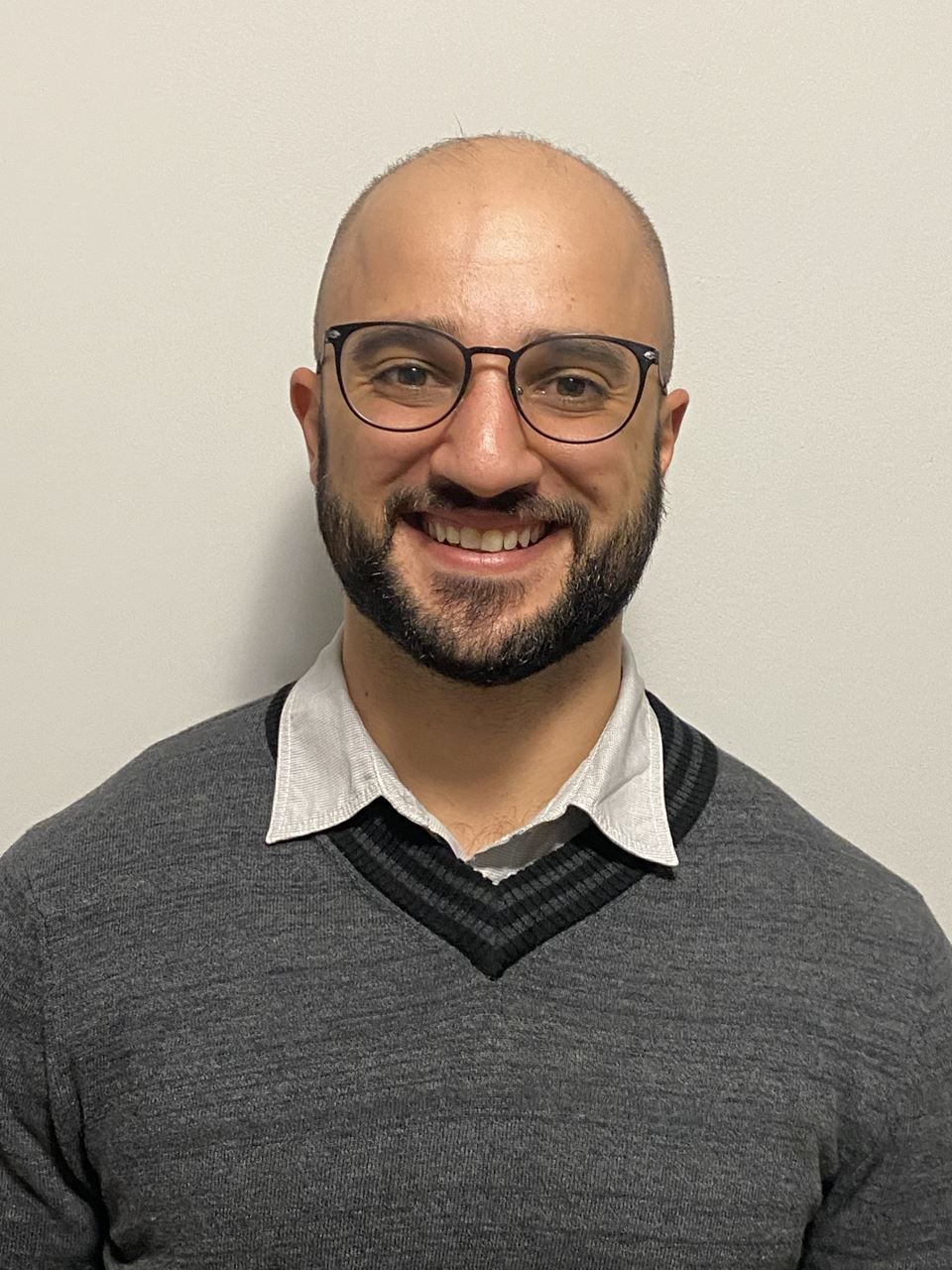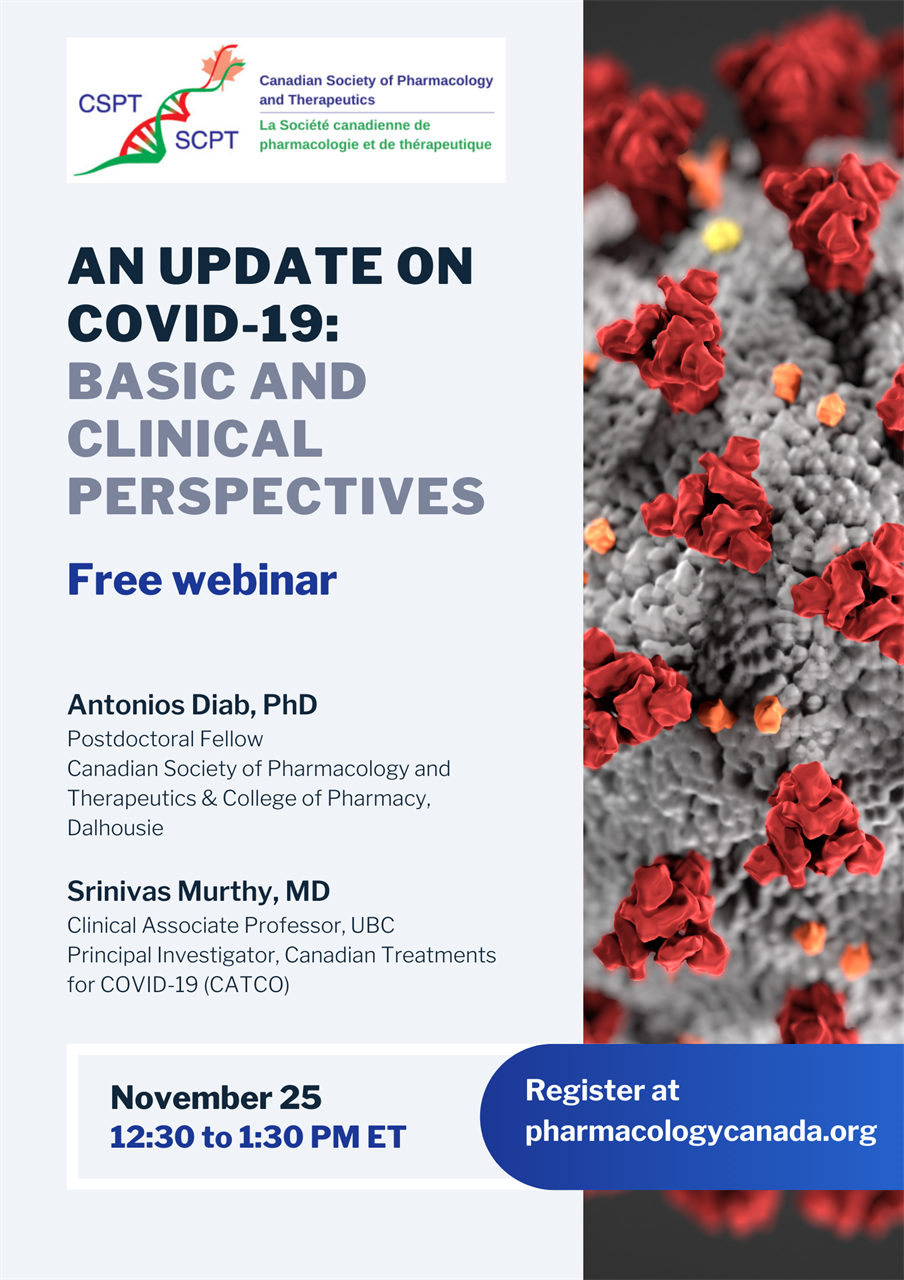I cannot believe it is November already. The past few months have indeed been busy. After a prolonged lockdown and keeping research going in an online environment through journal clubs, writing manuscripts and online presentations many of us have re-emerged to partial or full lab reopening and the resumption of research activities. While I am sure we are all thankful for this, there are many new challenges including understanding and navigating the new safety regulations around operating a research lab during a pandemic and protecting our students and other workers. Furthermore, many parts of the country are now being faced with a second wave of COVID-19 and related restrictions that may disrupt things once again. On top of that, as educators we have had to quickly adapt to the remote teaching environment. For many of us this has been a brand-new approach to higher education and a steep learning curve. On the positive side, it is very exciting to be taking a different approach to education, which I believe will have lasting benefits on how higher education is delivered and accessed in the post-pandemic environment. COVID-19 has posed significant challenges for the CSPT over the past nine months, most significantly the cancellation of our annual in person conference in Ottawa last June. I definitely missed the personal interactions with my pharmacology colleagues that I look forward to each Spring. But with challenge comes opportunity for the CSPT to evolve and refresh, contributing to the vitality and viability of the society in the long term. We hosted our first ever virtual conference, which was a big success. This included 50 research presentations by trainees, and presentations by our 2019/20 Senior Scientist, Junior Scientist and Postdoctoral Fellow Research Award Recipients. The conference was attended by approximately 90 people per day and included attendees from Canada, the US, Europe, Asia and Africa. Further, we were able to take advantage of MITACs funding to hire Dr. Antonios Diab (Dalhousie University) as a full-time post-doctoral fellow (a first for us) who is focused on COVID-19 knowledge translation activities for the CSPT. | We have embraced a move to more of a committee driven operational structure and have added new standing committees (Publications Committee, History Committee, Finance Committee, COVID-19 Committee and CSPT-ASPET Liaison Committee). The new committees provide greater opportunity for member involvement and are making it possible to pursue initiatives in several priority areas. I would like to sincerely thank the members who have volunteered. I look forward to working with you in the coming months. I would also like to take a moment to acknowledge the new Education Committee Chair, Dr Fabiana Caetano-Crowley (Western university) and the new Publication’s Committee Chair Dylan Burger (University of Ottawa) for taking on these very important rolls. I would also thank the outgoing Chair of the Education Committee Dr Cindy Woodland (University of Toronto), for her many years of volunteer service to the Education Committee and the Board of Directors. Thanks to the hard work of the CSPT Committees and volunteers, Executive Director Randee Holmes and PostDoc Antonios Diab there will be many additional developments to look forward to in 2020/21. These include enhancements to the CSPT website through the development of a web-based COVID-19 pharmacology resource and pharmacology glossary. Regular pharmacology education webinars beginning with the free COVID-19 pharmacology webinar on November 25, 2020. Close to 100 participants have already registered! We will be introducing a CSPT Fellowship designation to recognize professional contributions of CSPT members with the inaugural group of inductees to coincide with the 2021 annual conference. Plans are well underway for the 2021 scientific meeting and annual general meeting. An announcement will be made in November regarding the draft program and format (online/in person). In closing, I would like to thank you for your continued support of the CSPT and hope that you can take part in our planned scientific and education programming in 2020/21. My thoughts and best wishes go out to all. Stay safe. Yours sincerely, Kerry Goralski, PhD |

 Greetings CSPT members!
Greetings CSPT members! For trainess, graduate school and postdoctoral training presents us with many challenges including financial, social and personal. During a months-long pandemic, it’s fair so say these, and perhaps other, challenges have evolved and likely increased for many trainees. We may face delays in thesis and program progression during full or intermittent lab closures, isolation from loved ones and social supports, financial hardship, and diminished future employment opportunities. Of course, this is not an exhaustive list, as our struggles are personal and differ between trainees. The fact remains, however, that many of us are facing new and exacerbated challenges. While there are no “one size fits all” solutions to each unique situation, I believe the following suggestions and supports may help.
For trainess, graduate school and postdoctoral training presents us with many challenges including financial, social and personal. During a months-long pandemic, it’s fair so say these, and perhaps other, challenges have evolved and likely increased for many trainees. We may face delays in thesis and program progression during full or intermittent lab closures, isolation from loved ones and social supports, financial hardship, and diminished future employment opportunities. Of course, this is not an exhaustive list, as our struggles are personal and differ between trainees. The fact remains, however, that many of us are facing new and exacerbated challenges. While there are no “one size fits all” solutions to each unique situation, I believe the following suggestions and supports may help. Brief bio:
Brief bio: